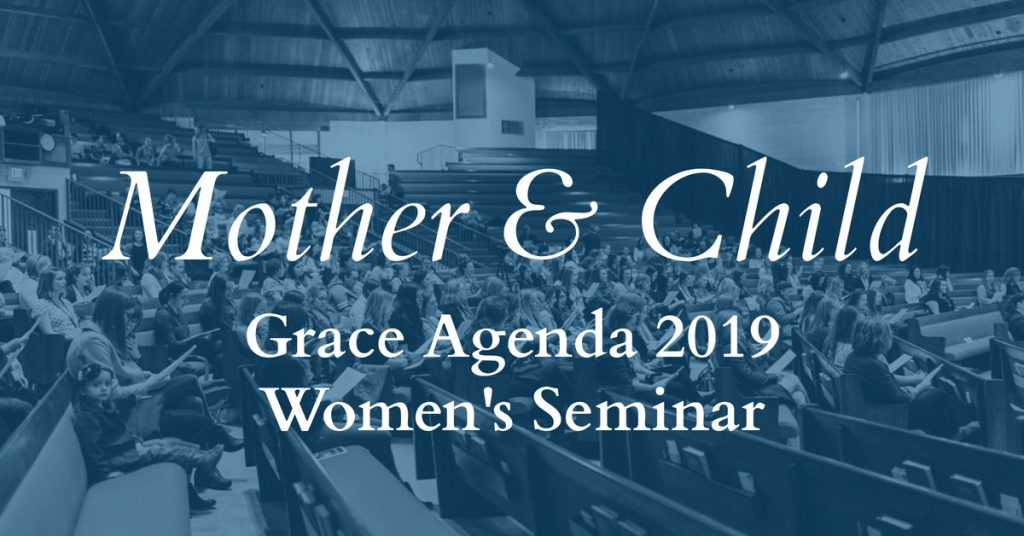
The last several years Christ Church has tried an experiment in grace and has not charged for the Grace Agenda conference. In keeping with this spirit of grace, we are accepting free will donations at christkirk.com/give. Be sure to select ‘Grace Agenda’ in the form.
